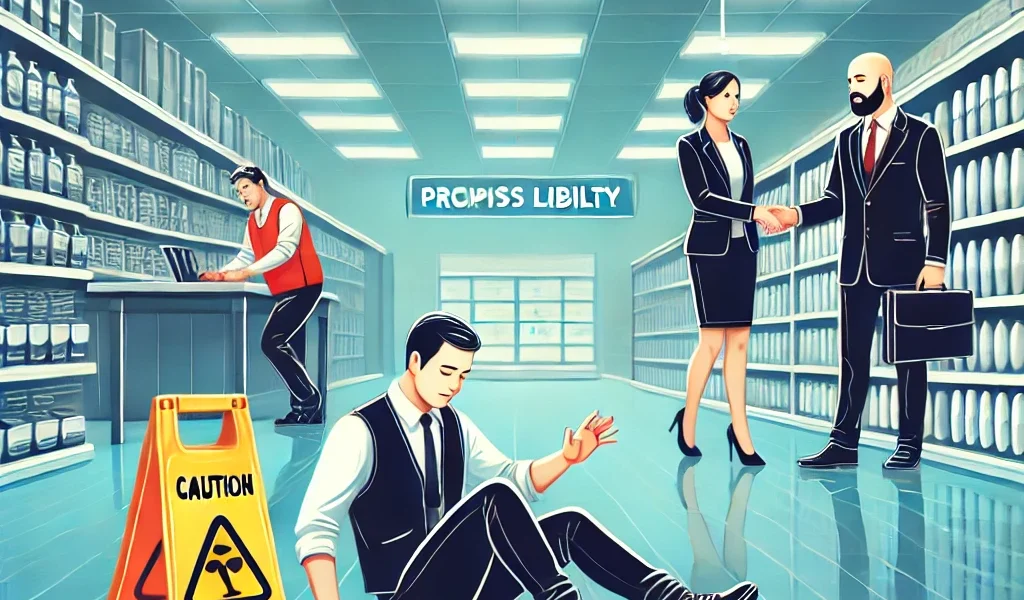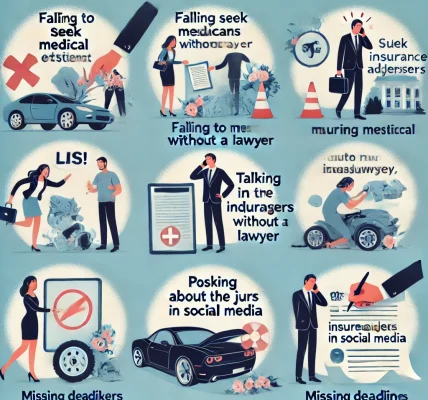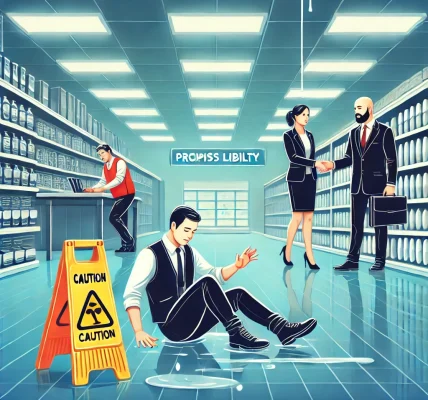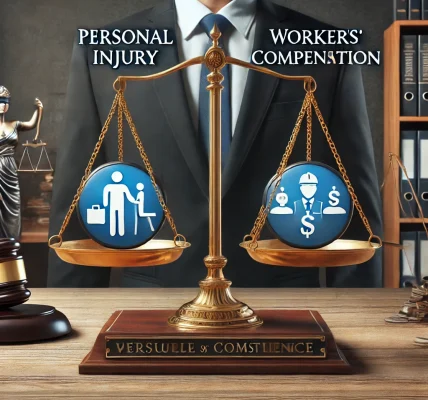Introduction
Premises liability is a crucial aspect of personal injury law that holds property owners responsible for accidents and injuries occurring on their premises due to negligence. Whether you slipped on a wet floor in a grocery store, tripped over an uneven sidewalk, or suffered an injury due to inadequate security, you may be eligible to file a claim. This guide explores premises liability law, your rights, and what it takes to hold a property owner accountable for your injuries.
Understanding Premises Liability
Premises liability refers to the legal responsibility of property owners to ensure their premises are reasonably safe for visitors. When a person is injured due to hazardous conditions on someone else’s property, they may have the right to seek compensation.
Who Can File a Premises Liability Claim?
Not all injuries on another person’s property result in liability. To successfully file a claim, you must establish that:
- You Were Lawfully on the Property – Trespassers generally have limited rights, but some exceptions exist.
- The Property Owner Was Negligent – You must prove that the property owner knew or should have known about the hazardous condition and failed to take corrective action.
- The Hazard Directly Caused Your Injury – There must be a direct link between the unsafe condition and your injuries.
Common Types of Premises Liability Cases
Premises liability covers a wide range of accidents, including:
- Slip and Fall Accidents – Wet floors, icy walkways, and uneven surfaces can cause serious injuries.
- Inadequate Security – Lack of security in places like parking lots, apartment complexes, or hotels can lead to assault or robbery.
- Dog Bites – A property owner may be liable if their pet attacks a visitor.
- Swimming Pool Accidents – Drownings and other injuries can occur due to a lack of proper fencing or supervision.
- Elevator and Escalator Accidents – Mechanical failures or poor maintenance can result in serious harm.
Proving Negligence in a Premises Liability Case
To succeed in a premises liability lawsuit, you must demonstrate that:
- The property owner owed you a duty of care.
- They breached their duty by allowing a dangerous condition to exist.
- The breach directly resulted in your injuries.
- You suffered actual damages (medical bills, lost wages, pain and suffering, etc.).
Defenses Property Owners May Use
Property owners and insurance companies often try to avoid liability by arguing:
- Comparative Fault – Claiming the victim’s negligence contributed to the injury.
- Lack of Knowledge – Asserting they were unaware of the dangerous condition.
- Assumption of Risk – Arguing that the injured party knew the risks and chose to proceed anyway.
What to Do If You’re Injured on Someone Else’s Property
- Seek Medical Attention – Your health is the top priority.
- Document the Scene – Take photos of the hazardous condition and your injuries.
- Report the Incident – Inform the property owner or manager.
- Collect Witness Information – Statements can support your claim.
- Consult a Personal Injury Attorney – Legal guidance can help maximize your compensation.
Compensation in a Premises Liability Case
Victims may recover damages such as:
- Medical Expenses – Treatment costs, surgeries, rehabilitation, etc.
- Lost Wages – Compensation for time off work.
- Pain and Suffering – Emotional distress and reduced quality of life.
- Punitive Damages – In cases of gross negligence.
Conclusion
Premises liability claims can be complex, requiring strong evidence and legal expertise. If you’ve been injured due to a property owner’s negligence, understanding your rights and taking the appropriate legal steps is crucial. Consulting with an experienced personal injury attorney can help you navigate the legal process and secure the compensation you deserve.




